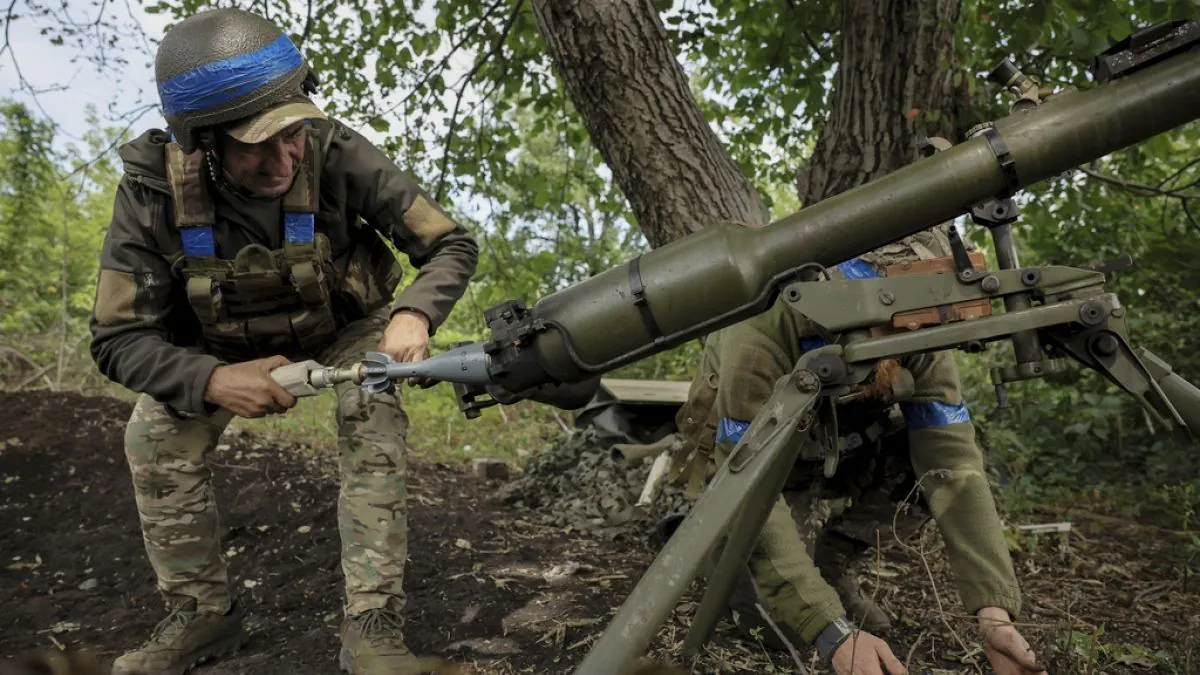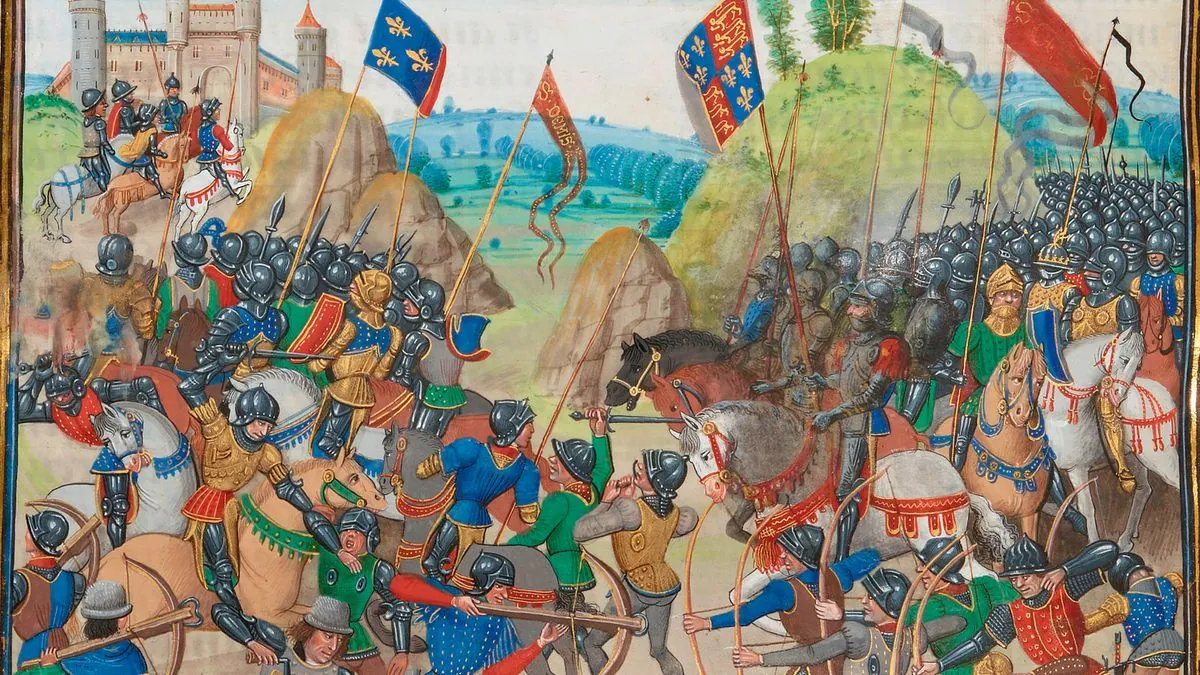Ukraine's Kursk Offensive: A Historical Perspective on Modern Warfare
Ukraine's surprise incursion into Russia's Kursk region draws parallels with historical military campaigns, offering insights into the strategic implications and potential outcomes of this bold move.

On August 6, 2024, Ukrainian forces launched a daring offensive into Russia's Kursk oblast, capturing more territory in a week than Russia's entire advances in the Donbas region this year. This bold move has drawn comparisons to historical military campaigns, offering valuable insights into the strategic implications and potential outcomes of this operation.
The Kursk offensive bears striking similarities to the 1346 Battle of Crécy during the Hundred Years' War. Like Edward III of England's campaign in France, Ukraine's incursion serves to humiliate the enemy by demonstrating their inability to secure their own territory. This tactic can provoke rash decisions from the opponent, as seen when Philip VI of France was goaded into an ill-prepared battle at Crécy.

The Ukrainian offensive also echoes the Swedish attack on Denmark in 1643 during the Thirty Years' War. Both operations were characterized by meticulous planning and secrecy. Lennart Torstensson, the Swedish general, carefully scouted routes in advance, much like Ukrainian forces reportedly used drones to map their path through Kursk. These surprise attacks aim to force compliance with political goals at a lower cost than prolonged conflict.
"This operation disproves theories about Russian red lines and their escalatory potential."
However, the success of such operations can be limited by political constraints. The Holy Roman Empire's 1637 advance into Pomerania failed due to restrictions on resource extraction, leading to the army's collapse. Similarly, Ukraine faces limitations from its Western allies, particularly the United States, which prohibits the use of provided weapons for long-range attacks inside Russia.
The Kursk offensive has reignited debates about escalation risks and post-war relations with Russia. While Zelensky argues for loosened restrictions, U.S. President Joe Biden remains cautious, considering both the risk of nuclear conflict and future normalization of relations with Moscow.
As the situation unfolds, it remains to be seen whether Ukraine can capitalize on its initial success or if political constraints will limit its impact. The historical parallels suggest that while daring incursions can be effective, their ultimate success depends on a complex interplay of military strategy and political considerations.


































